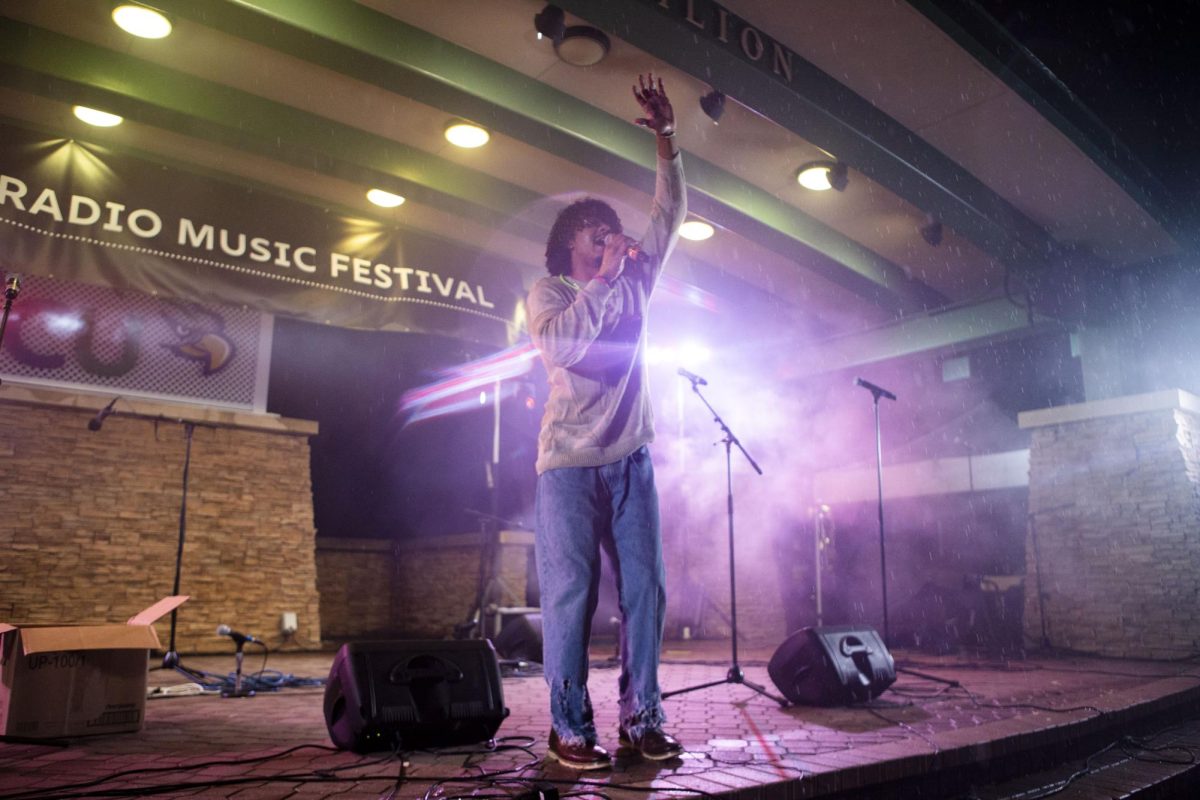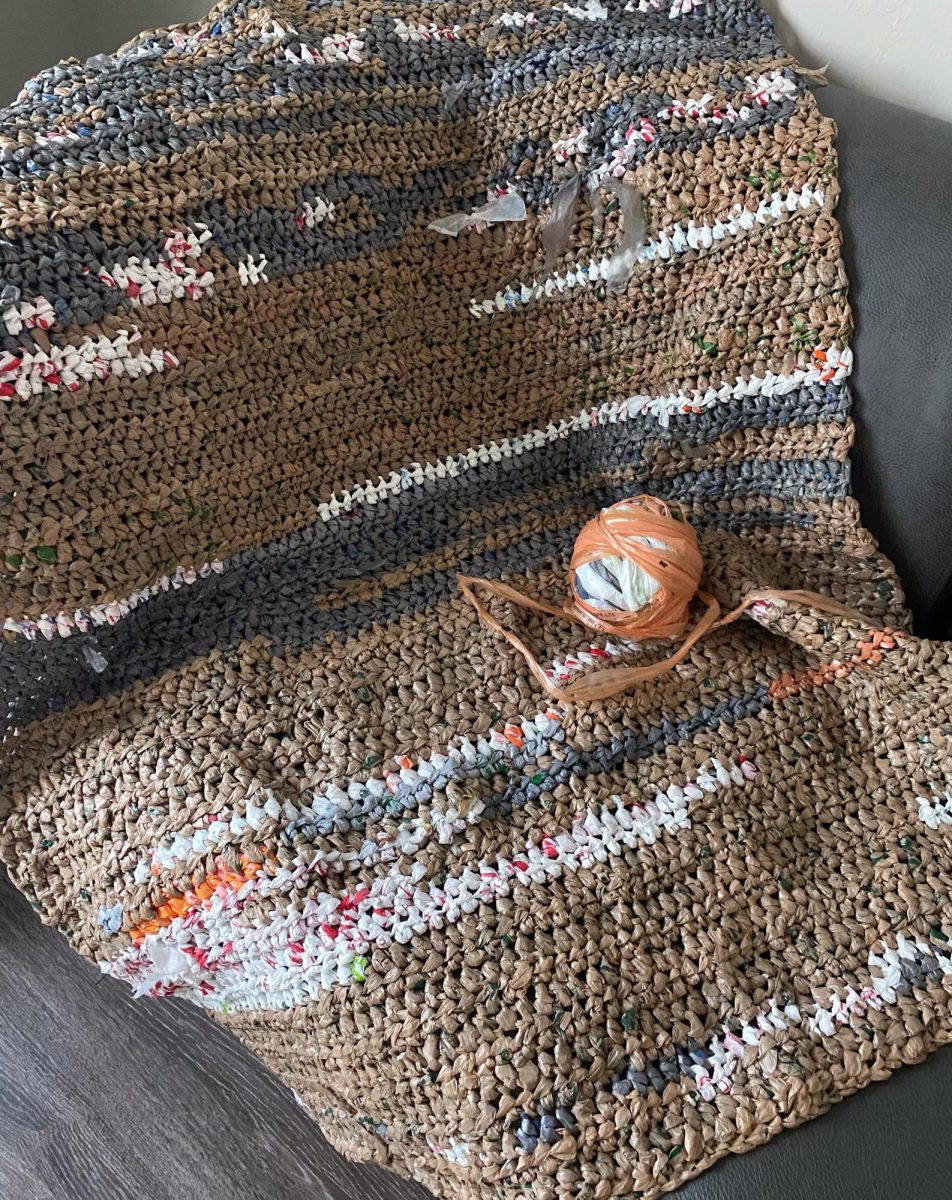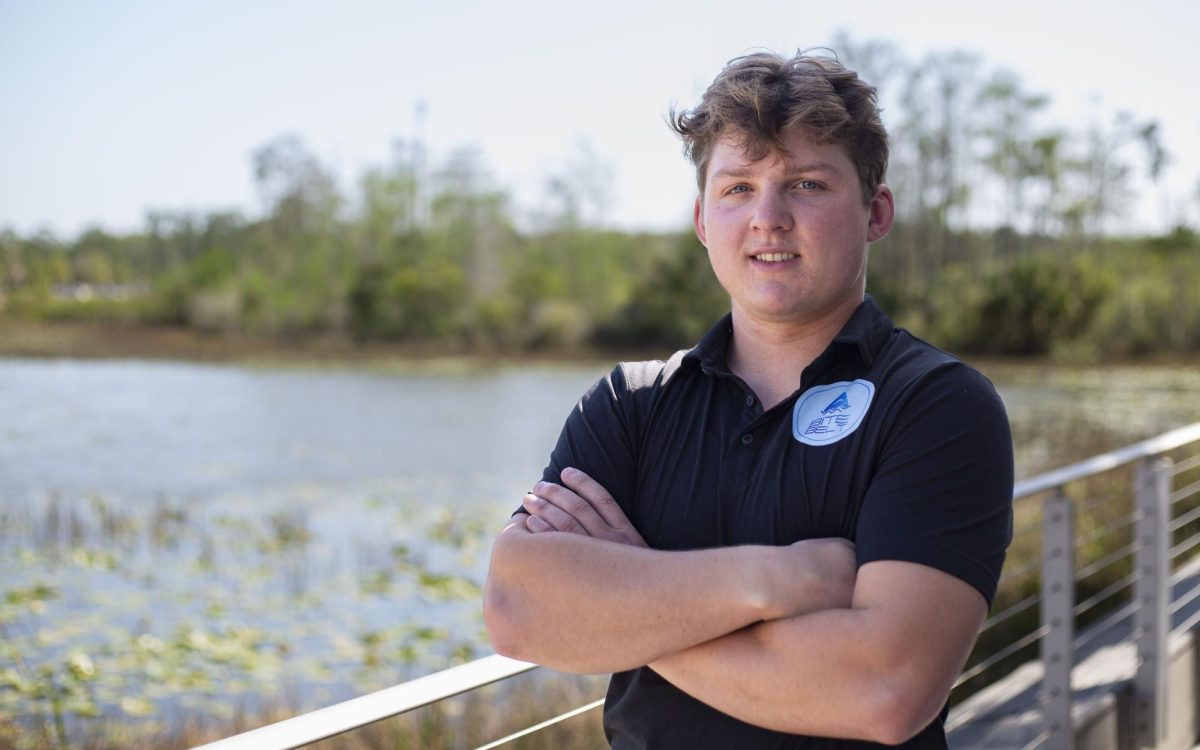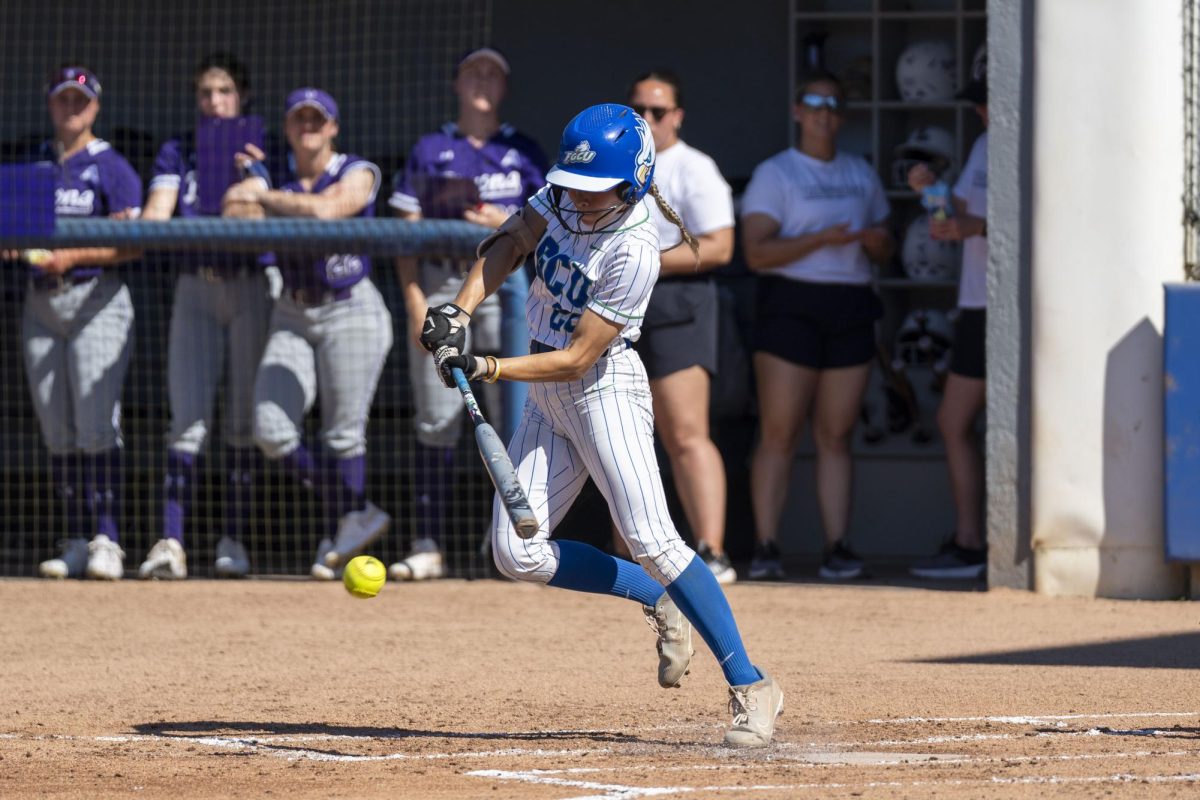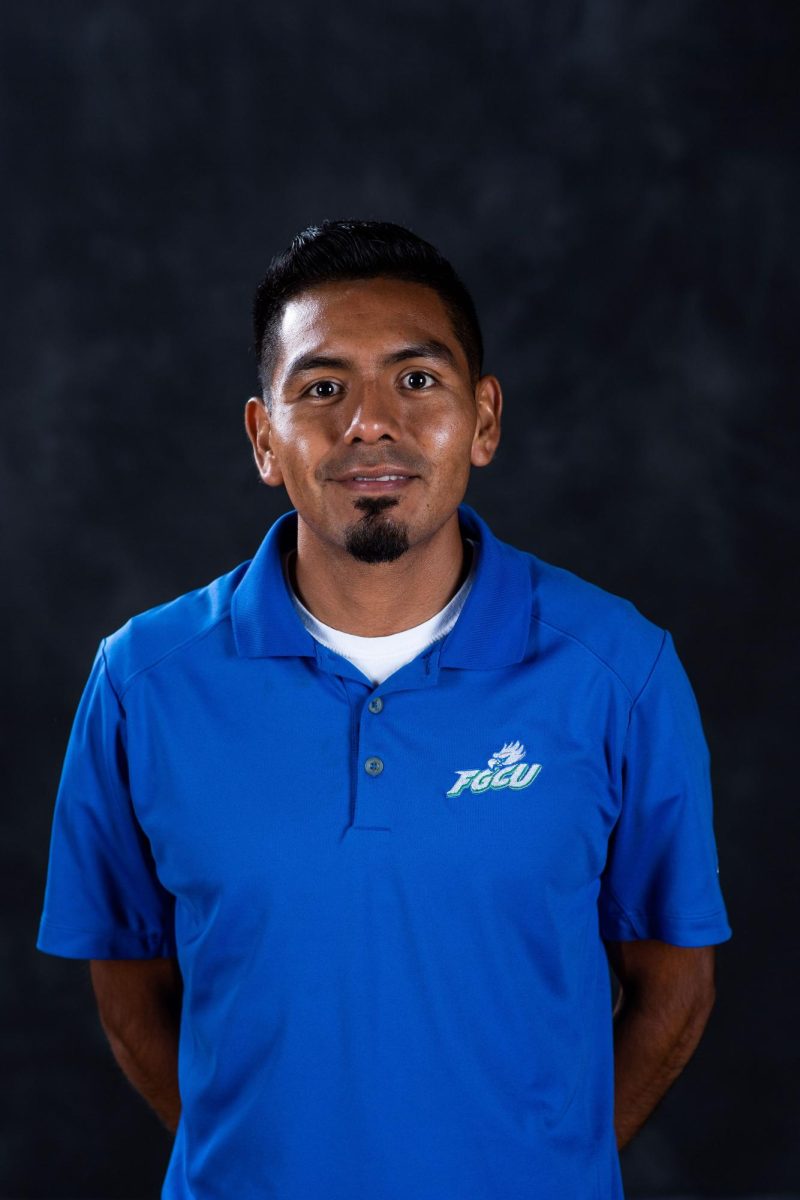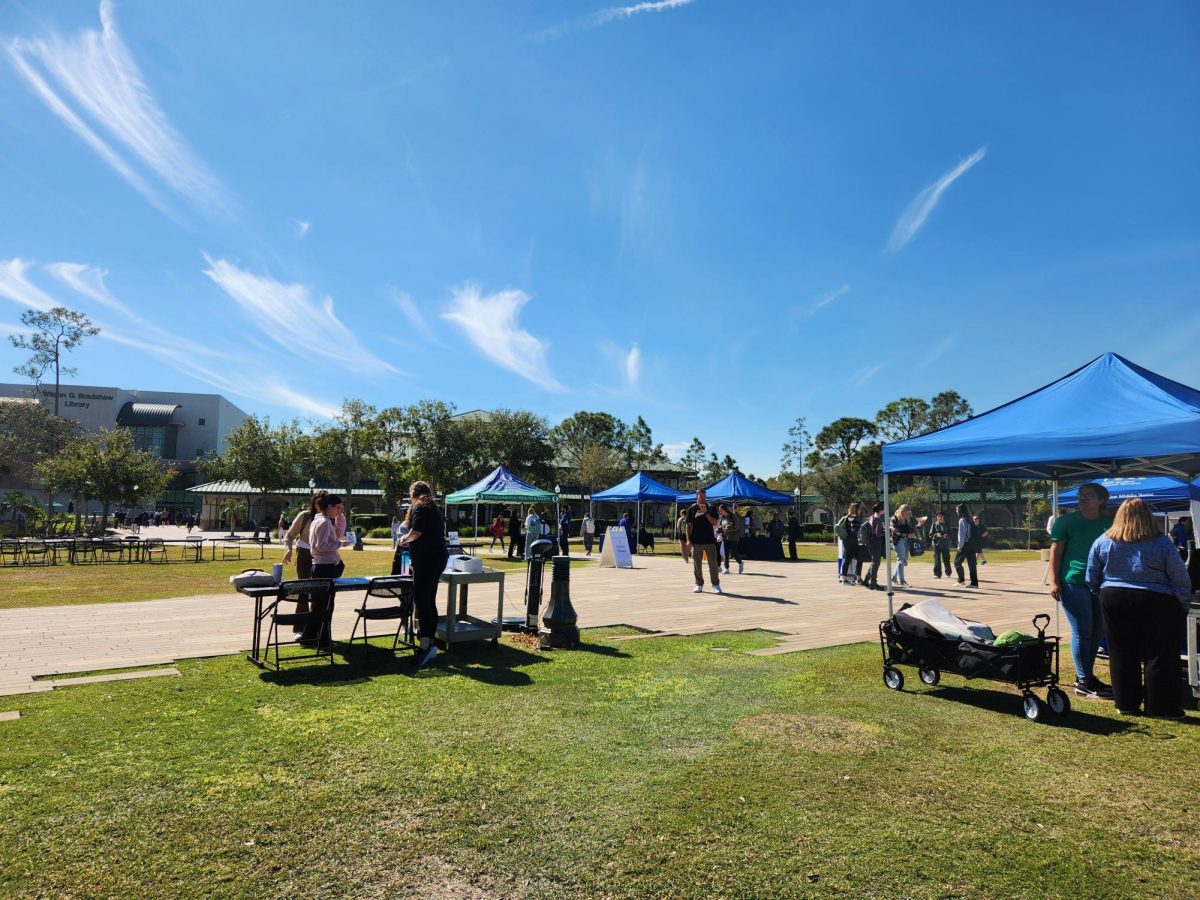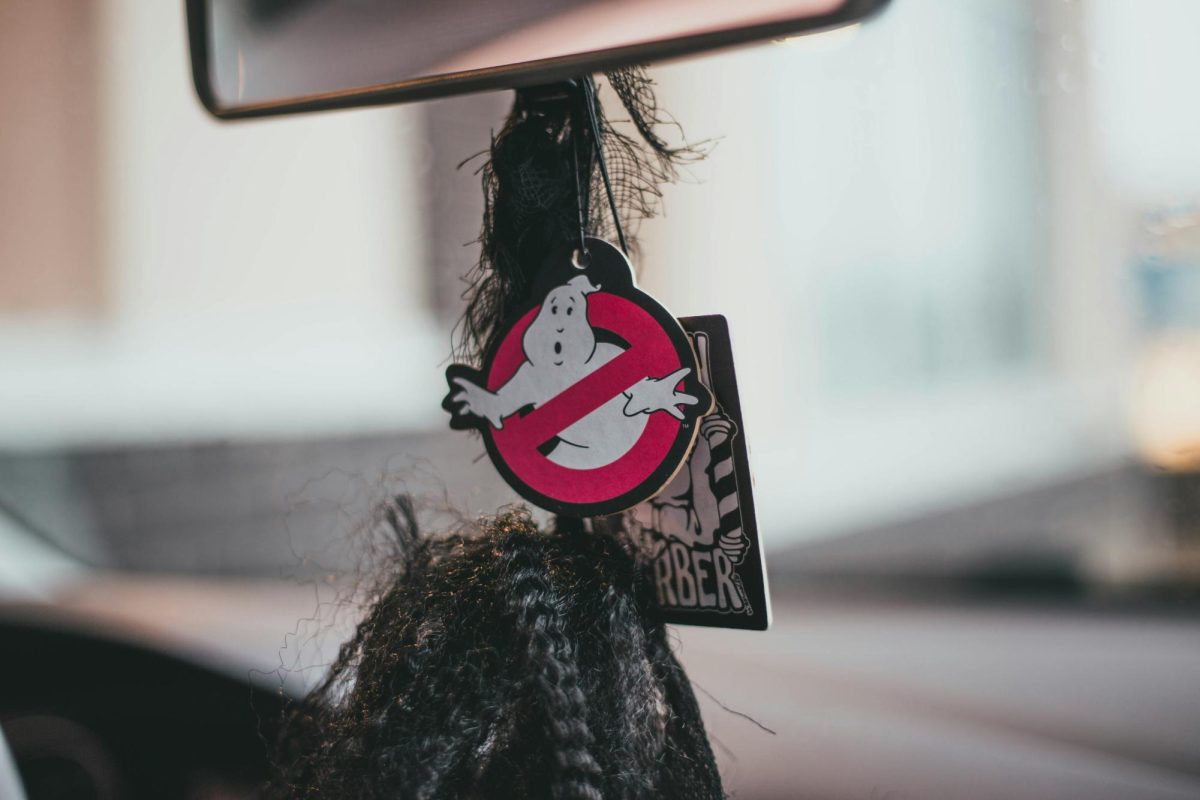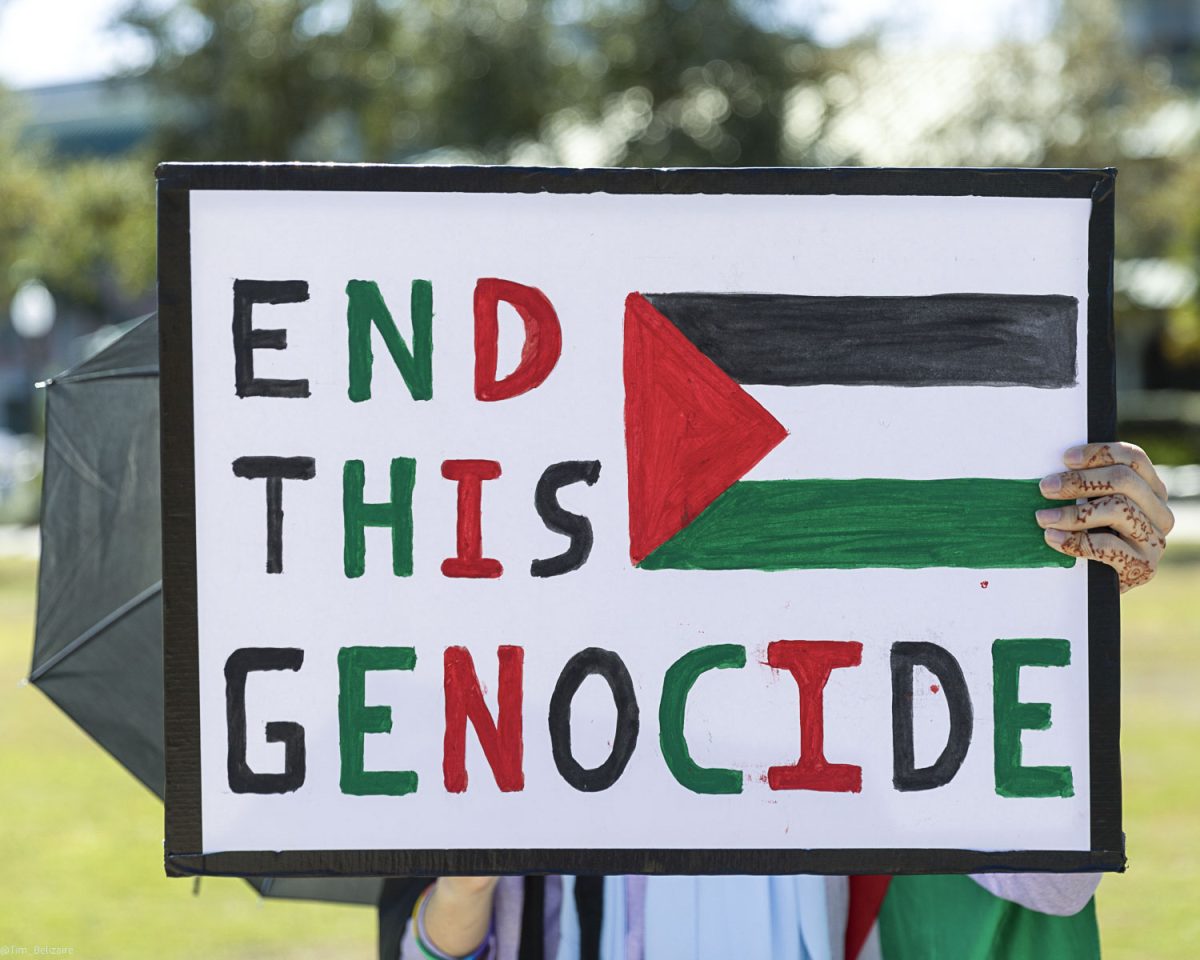Student hopes to raise money to aid North Korean defectors
For a year, Jessica Webber implored students to join her in the fight to liberate North Korean refugees who have fled to China. As soon as Webber mentioned North Korea, most students lost interest.
“I was being persistent,” Webber said. “But not as persistent as I’ve been this year. I’d send emails until someone says yes or no. Finally people started paying attention and listening.”
After a search that Webber said she felt would never end, her dream became a reality and the FGCU chapter of LiNK was born.
LiNK (Liberty in North Korea) is the “only full-time grassroots organization in North America devoted to the North Korean human rights and humanitarian crises,” according to its website. LiNK aids refugees hiding in China using a modern-day underground railroad through Southeast Asia. The route is a 3,500-mile journey to a new life.
“The overall goal is of the FGCU chapter of LiNK is to inspire people to start having a different kind of conversation,” Webber said.
Along with providing freedom for the refugees, LiNK’s mission is to shift the nation’s focus from the politics of North Korea to its people.
And the people are in crisis.
North Korea is home to some of the biggest work camps in the world. To be clear, these are not voluntary work camps; these are modern-day concentration camps, also known as politicalprisoner camps.
“The five political-prison camps hold an estimated 150,000 to 200,000 inmates, and some of them are the size of cities,” explains the LiNK website. “(These camps) have existed five times as long as the Nazi concentration camps and twice as long as the Soviet Gulags.”
The Democratic People’s Republic of Korea is home to 24 million Koreans. It is led under the dictatorship of Kim Jong-un, the third leader of North Korea in the Kim dynasty. This lineage has ruled as “god-kings” with a merciless grip on the country’s people.
The only religion in North Korea is worshiping the Kim Dynasty.
North Korea is often referred to as the “Hermit Kingdom,” as there is no access to the outside world granted to the population. This is known as an information blockade, according to the LiNK website. There is no Internet. No phones. No media that is not controlled by Kim Jong-un.
Questioning the “Supreme Leader” (as Kim Jong-un is known) or simply commenting about the size of that day’s rations could land not only you in a work camp, but also your entire family. This is known as “collective punishment.”
The slightest dissent for the regime is squashed out with extreme and excessive force, and public executions are still a common practice.
The situation is extremely dire in North Korea, and along with a tyrannical communist ruler, the North Koreans are battling a food crisis. In the mid to late ‘90s, North Korea suffered a famine that killed up to 3.5 million people, according to population and development review. Failed agricultural policies and environmental mismanagement led to a nation unable to feed itself.
According to National Geographic, the average 7-yearold North Korean boy is 8inches shorter and 22 pounds lighter than his counterpart in South Korea.
If a North Korean decides to defect, there are only two routes.
The first is to attempt to cross the 38 parallel, which separates North and South Korea. The 148- mile stretch of the 38 parallel is one of the most highly militarized zones in the world. If you make it past the militaries of the North and South, you still have to traverse the miles of land mines. This route is almost certain death.
The second choice is to go north to China. This route is slightly easier, however once it is discovered that someone has defected, his or her entire family is detained in a political prisoners’ camp back in North Korea. Not to mention, if the Chinese government discovers a North Korean defector, they will repatriate the refuge to the “Supreme Leader.”
The culmination of abhorrent living conditions and tyrannical leadership is why Webber finds it imperative to continue to spread LiNK’s message.
It costs $2,500 to rescue a North Korean refugee. By collecting just under half a million dollars, the combined efforts of the LiNK chapters have given 55 refugees support, reunited 76 families, and rescued 188 refugees to date since its inception in 2004 at Yale.
With the help of adviser Tom Felke and three freshmen officers, Webber is determined to rescue one more.
“I think (LiNK) is absolutely needed and I’ve been floored by the sudden response and how everything has fallen together.
As Webber continues to campaign, she says students are beginning to “get it.” She crusades her cause in classrooms and RSO, and her audience has begun to listen.
“This year, the FGCU rescue team is going to try to raise $2,500 by the end of the school year. If we do that I’ll be ecstatic,” Webber said. “I feel like FGCU is a great place for that to be happening because we’re so focused on service and being a part of something bigger than ourselves.”



